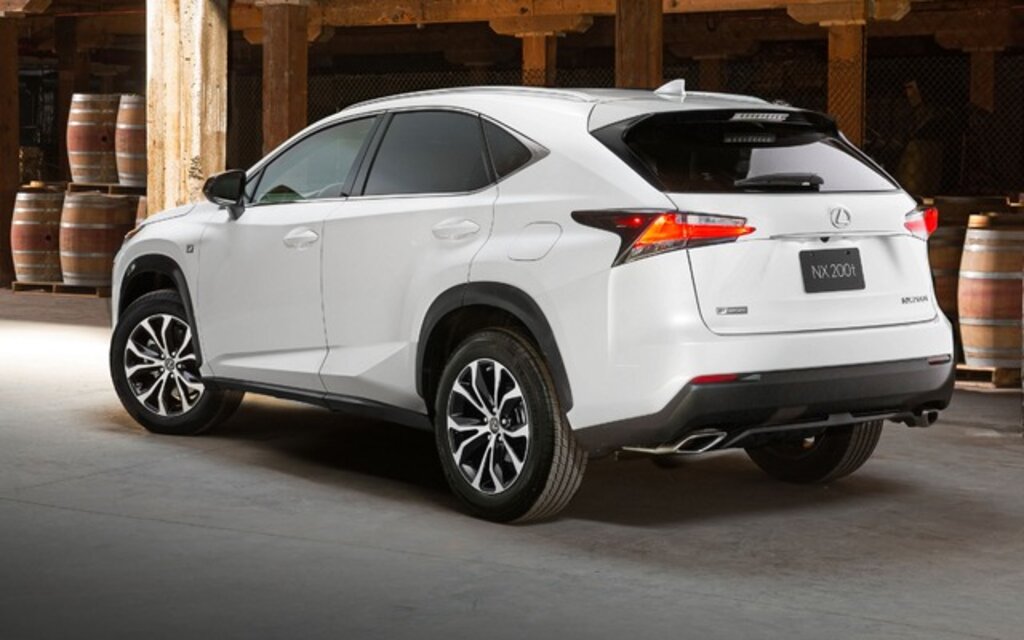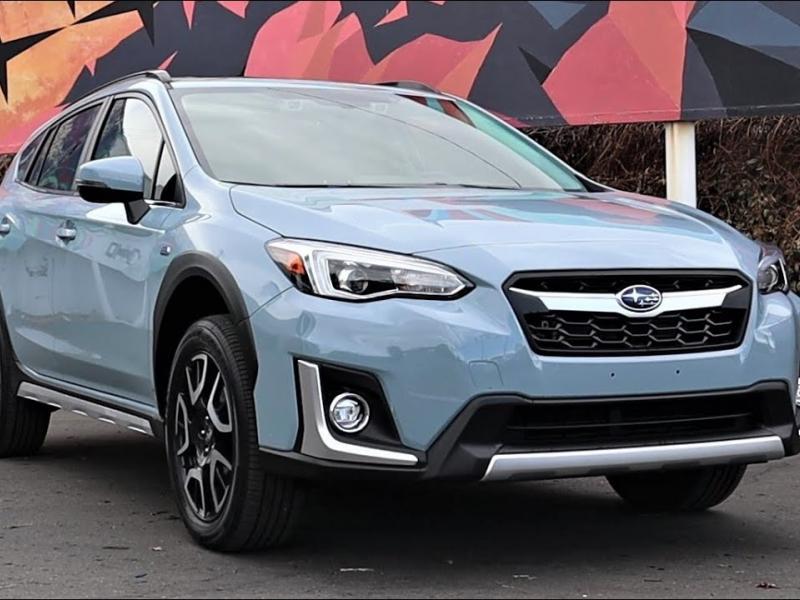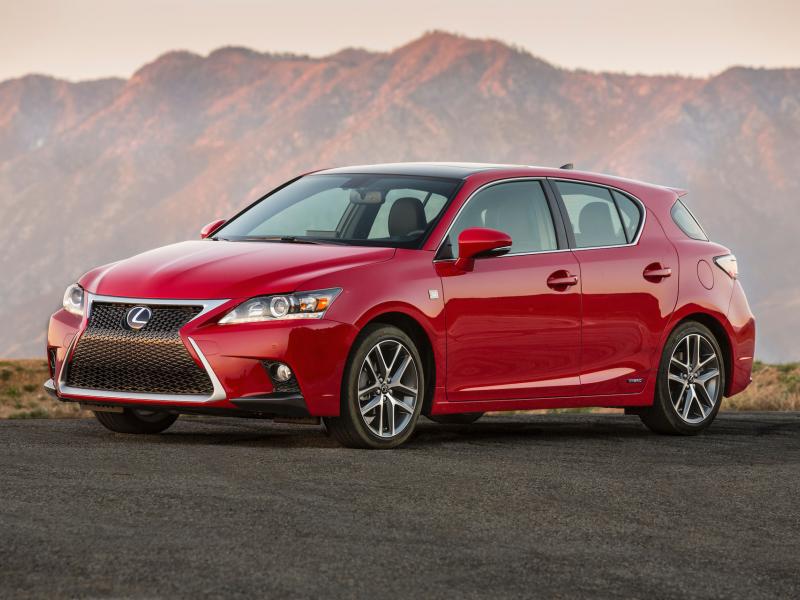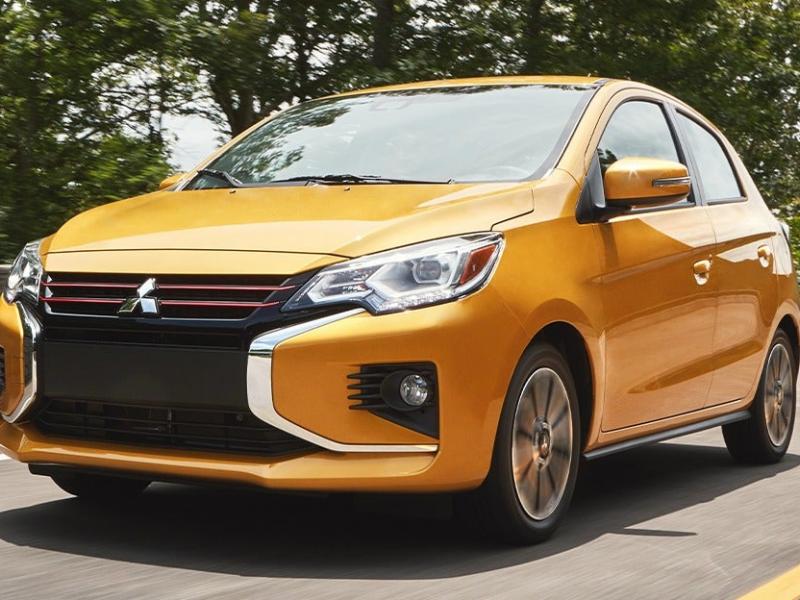How Millennials Are Buying Cars
 Being thrust into adulthood on the back of a recession that resulted in scarce job opportunity and low wages caused a butterfly effect in the world’s largest generation. Millennials approach major purchases differently than the generations before them — partially for financial reasons, but also because they hold different values than their parents.
Being thrust into adulthood on the back of a recession that resulted in scarce job opportunity and low wages caused a butterfly effect in the world’s largest generation. Millennials approach major purchases differently than the generations before them — partially for financial reasons, but also because they hold different values than their parents.
Car culture in the modern age is no longer defined by luxury and horsepower. Instead, the models that appeal to young people are practical and high-tech. The SUVs and sports cars of the late 90s and early 2000s have been replaced by hybrids and crossovers.
The Changing Market for New Cars
The average purchase price of a new car in 1990 was just under $17,000. Today, that price has nearly doubled. Wages have not risen at the same rate as car prices, which explains the young generation’s heavy reliance on ridesharing companies like Zipcar, Uber and Lyft.
But despite being characterized by their lack of haste in acquiring driver’s licenses, when millennials do choose to take on car ownership, they are attracted to new cars. This could be connected to the better safety and tech features available on modern cars, which have been identified as features that millennials value the most.
Why Millennials Need Cars Now
Not long ago, carmakers were expressing concern that millennials might never mature to become car buyers at all. But as the generation ages, moves away from the city and starts families, more young people are buying cars.
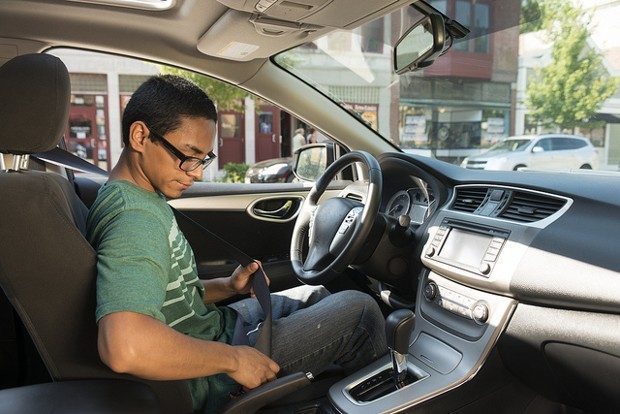
Starting a second job or side business is something many young people today feel they must do to generate enough income to support a family or afford a home, another milestone that data shows millennials are reaching later in life than their parents.
With car prices not showing any sign of going down, young people are gravitating towards cars that save money on fuel and deliver practicality. Features like good fuel economy and Bluetooth integration, which aren’t available on used models, are driving sales of new cars to millennials. So young people are buying new cars, but their methods are a little unorthodox.
To Buy or To Lease
Next comes the questions of buying vs leasing a car. Automakers targeted Generation X by creating attractive leasing programs, financing options that in basic terms allow a car owner to rent their vehicle from a dealer with the option to buy the car outright at the end of the lease. Leasing has its drawbacks, and it seems millennials aren’t interested in leasing programs that offer no leverage once the lease is over.
Seeking equity from a car purchase is a smart decision, but in an effort to afford their dream car, many millennials are taking out longer-term loans than generations before them. Lenders, all too happy to oblige, can offer young people low monthly payments, but they collect more money in the end because of the high interest associated with borrowing for several years.
Where the Rubber Meets the Road
Today’s cars are more reliable than ever, and it’s likely that the conversion to fully self-driving cars will occur during our lifetime. This could mean the longer-term notes young people are taking out will not lead to financial ruin, because owners will hold on to cars longer and then eventually transition to another new car later in life. That model, however, is something we’ve never seen before.
You’re in uncharted waters, millennials — or is the term “roads untraveled” more appropriate? But that should come as no surprise.

